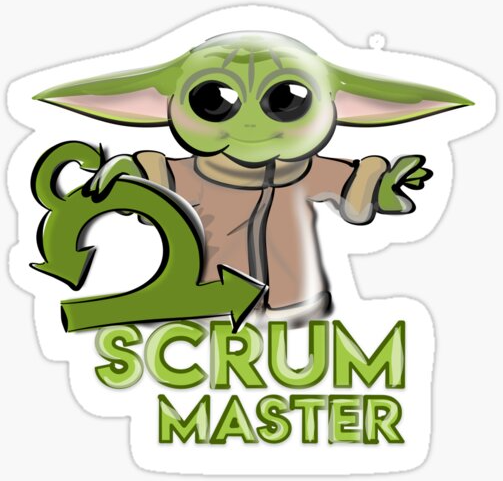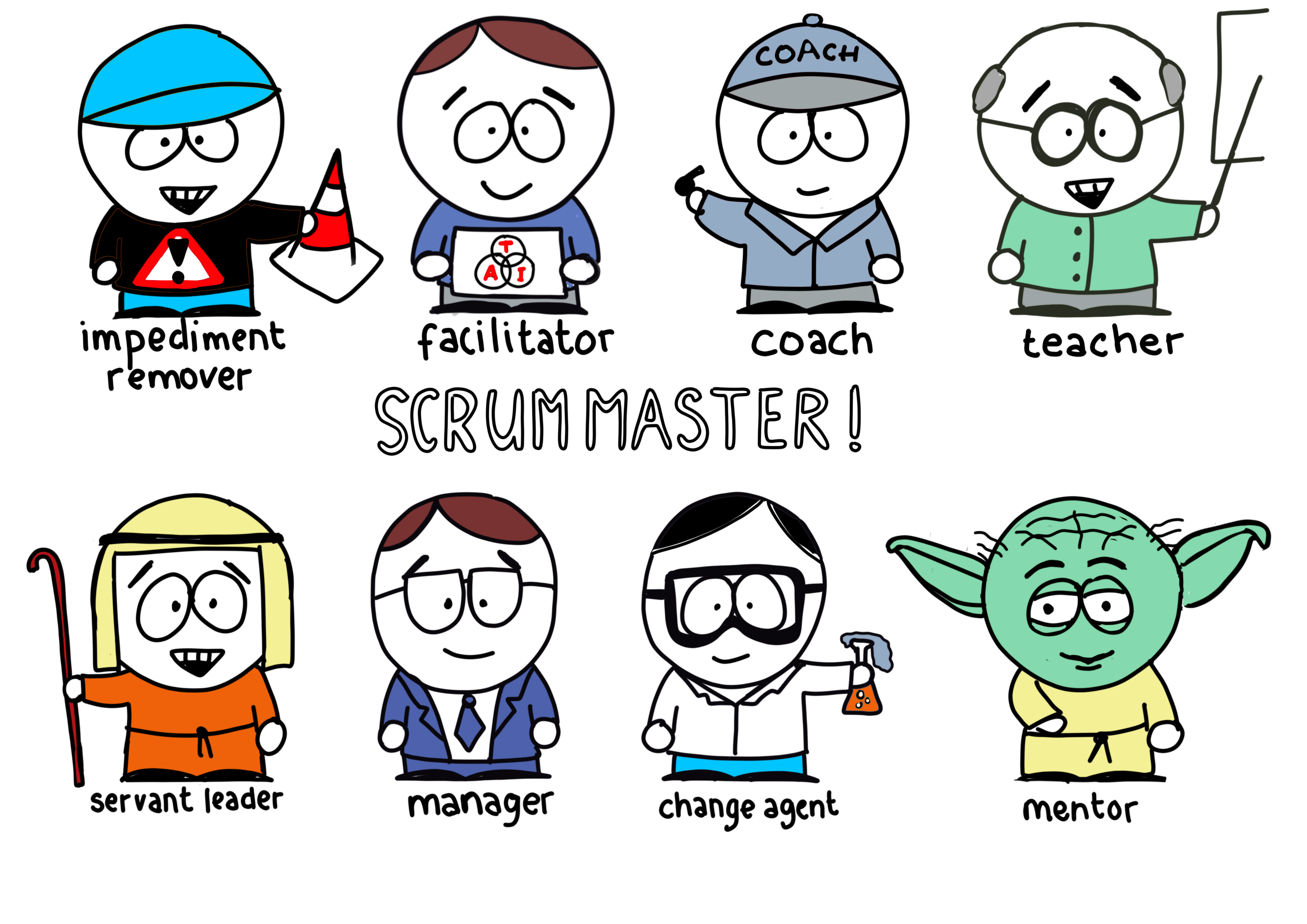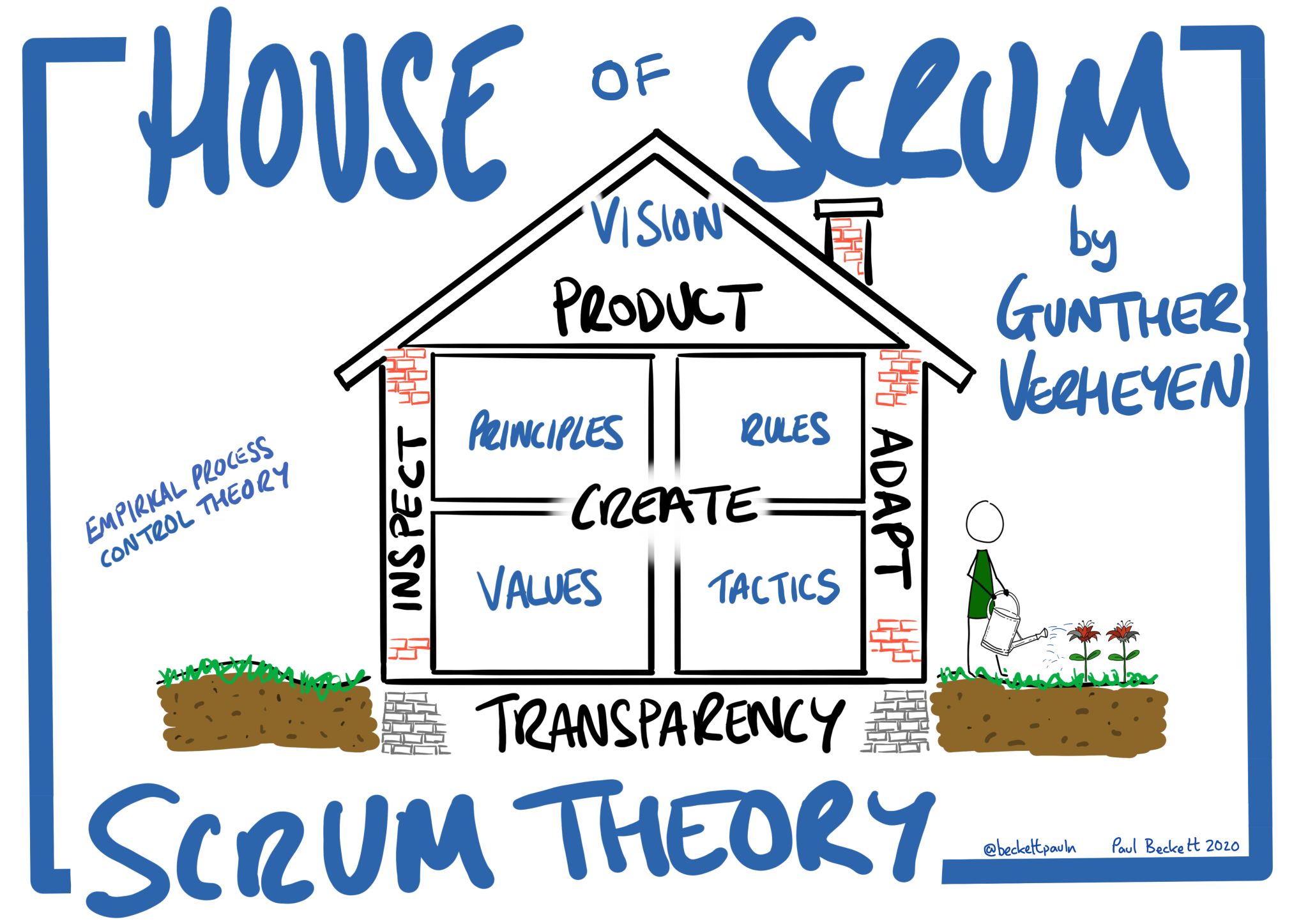
Scrum is the most popular approach to creating awesome new digital products.
Perhaps you are thinking of pursuing a career as a Scrum master. You read the Agile Manifesto and memorized the 12 Agile Manifesto Principles.
Perhaps you have recently been moved into that role and are wondering if being a Scrum master is right for you.
There are plenty of good reasons to become a Scrum master. The job is fascinating, in demand, and pays well.
The most important reason to become a Scrum master is that it is the right job for your personality, interests, and skills.
What is the role of Scrum master?
If you choose to accept this mission, what will you do every day [1]?

